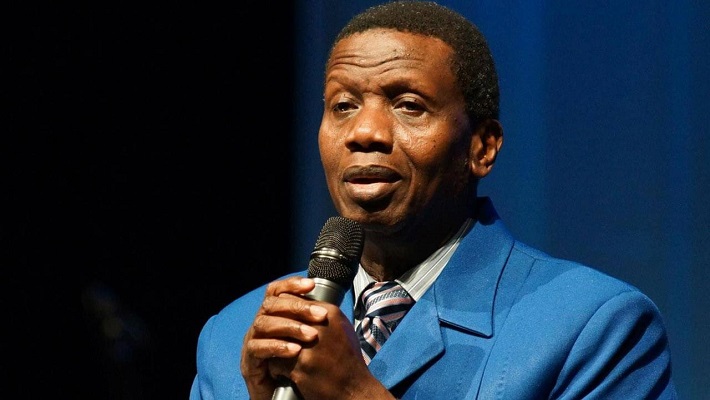In Nigeria, the practice of tithing has long been a cornerstone of Christian faith, yet it remains a topic of heated debate
While many see it as a spiritual obligation, others question the financial burden it places on the less fortunate
This controversy has sparked a broader conversation about the role of the church in society and the ethics of religious giving
In Nigeria, the practice of tithing, or giving 10% of one’s income to the church, remains a deeply rooted tradition among many Christians. …CONTINUE READING


However, this practice has sparked a debate, with some arguing that it funds the lavish lifestyles of charismatic preachers.
“Anyone who is not paying his tithe is not going to heaven, full stop,” declared Pastor Enoch Adeboye to a hall full of pastors in Lagos earlier this month. He urged them to “restitute your ways with your congregation” immediately after the convention at the Redemption Camp.
Pastor Adeboye’s past remarks on tithing
The Old Testament, in its Contemporary English translation, states: “I am the Lord All-Powerful, and I challenge you to put me to the test. Bring the entire 10% into the storehouse, so there will be food in my house.
Then I will open the windows of heaven and flood you with blessing after blessing.” Other translations, like the King James Bible, use the term “tithe,” an old English word meaning tenth.
The debate has continued on social media, with varying opinions. Idris Belo-Osagie, a pastor at the Lifepointe Church in Lagos, views the 10% figure as a “useful reference” due to its “historical context,” but emphasizes that “we are not forced to give to God.”
Despite the controversy, many church-goers in Lagos remain committed to tithing.




